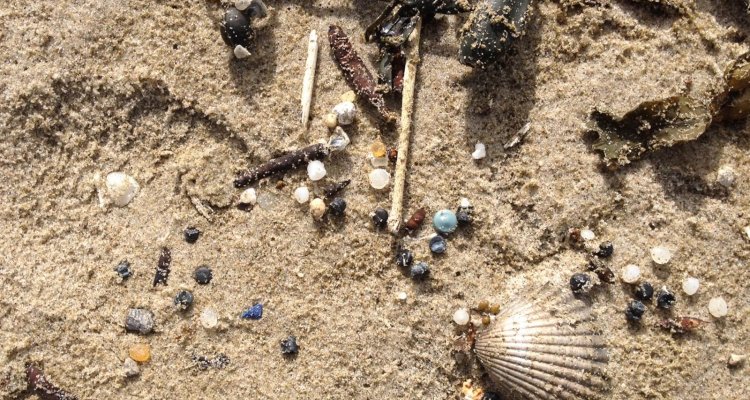
Project
Microplastic food web accumulation project ‘PlasticCod’ granted
Digestion and maternal/paternal transfer of microplastic and associated organic contaminants in the Atlantic cod food web.
The main objective of the PlastiCod project is to determine the microplastic affinity for chemical contaminants in the Norwegian coastal area, and to study the food web transfer of microplastics contaminants from zooplankton to cod larvae, and maternal transfer from cod broodstocks to larvae (long term effects).
Secondary objectives are to study the effects of microplastic contamination feeding on single organisms as rotifers, cod larvae and broodstock (short-term effects), and to use existing knowledge and results obtained by the present project to develop biodynamic models that show the possible impact of contamination by microplastic and associated contaminants on the Atlantic cod food web. This study is particularly relevant to long-term management of marine fisheries resources and sustainable use of marine resources.

The project will be coordinated by The Norwegian Institute of Food, Fisheries and Aquaculture Research NOFIMA (NO) and was granted by the Norwegian Research Council. Other project partners are University of Aarhus, University of Bergen, Wageningen University and the Bellona Foundation.
Main task of Wageningen Marine Research will be to develop biodynamic food web models for the cod ecosystem, and to validate the models using experimental data and field observations from the project. Using the validated model framework, an exposure assessment for cod in Norwegian waters will be provided, which include trends in future emissions and fish population densities.
For Wageningen Marine Research, Ellen Besseling and Bart Koelmans will be involved in the project.